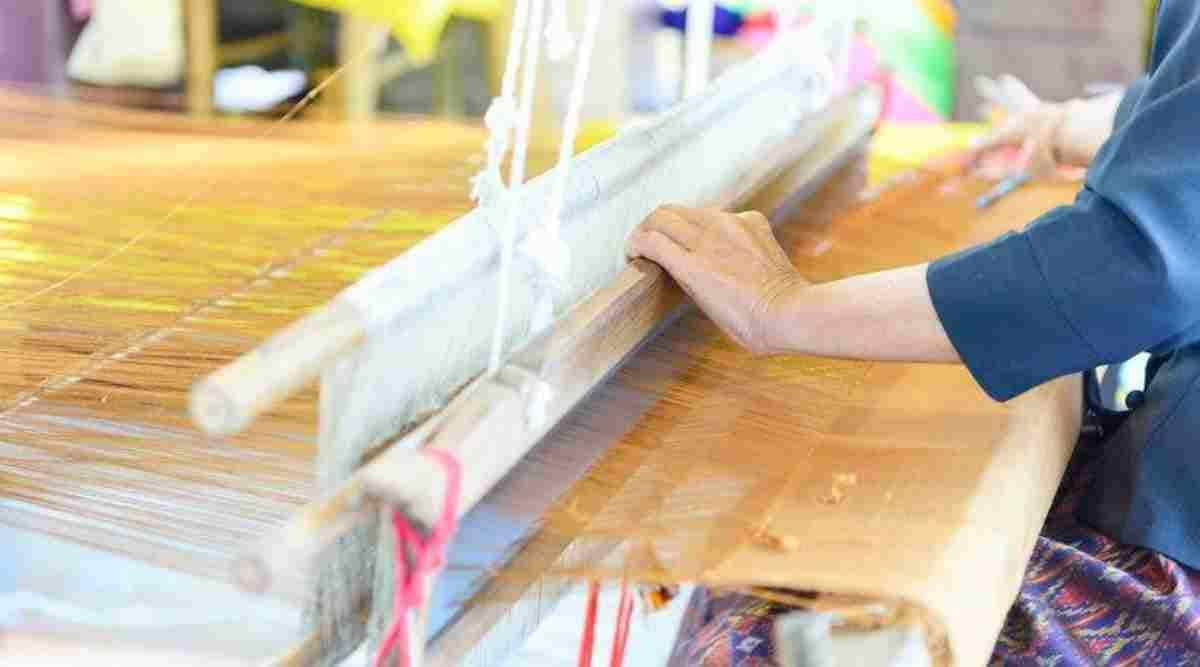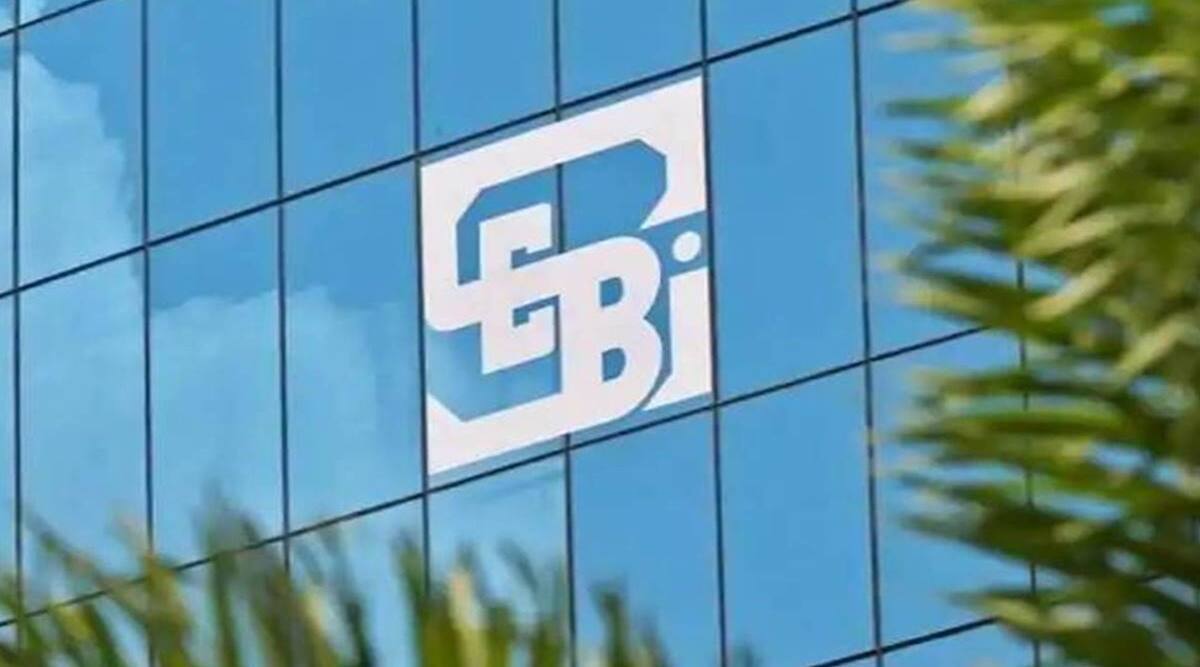By Nayan Dave
With prices of premium quality man-made fibre sky-rocketing to Rs 200 per kg in a span of just six months inflating import bills by Rs 8 crore a day, thousands of weaving units in India’s man-made fabric capital, Surat, are facing a working capital crisis
“Prices of premium quality viscose denier yarn were range bound between 350 to 380 per kg six months ago but at present are hovering around 580 to 600 per kg which has increased the requirement of extra working capital for most of the MSME weaving units in Surat,” says Vikas Koradia, owner of a weaving unit in Surat.
“Surat’s textile industry has 25 to 30% dependence on imported filament yarn. Over the past six months, international factors including ongoing Russia-Ukraine war, continuous increase in crude oil prices and recent surge in Covid-19 cases in China have resulted in a sharp rise in prices of different types premium quality polyester, filament and other types of man-made yarns,” says Himanshu Bodawala, vice-president of South Gujarat Chamber of Commerce and Industry (SGCCI), who also owns a weaving unit in Surat.
Additionally, the recent floods in China which led to water logging in country’s coal mines also hit production of viscose filament yarn on account of power outages, Dharmesh Patel, president of the Surat Viscose Weavers Association said. He went on to add that China’s inability to procure sufficient coal from Australia accentuated electricity problems for the yarn makers there.
”Of the monthly consumption of nearly 7,000 tonnes of viscose filament yarn by Surat based weavers, nearly 50% is being imported, mostly from China,” Patel said. He further added that the sharp depreciation of Indian rupee against the US dollar will add to the import bill of premium quality viscose filament yarn by at least 6-10%.









